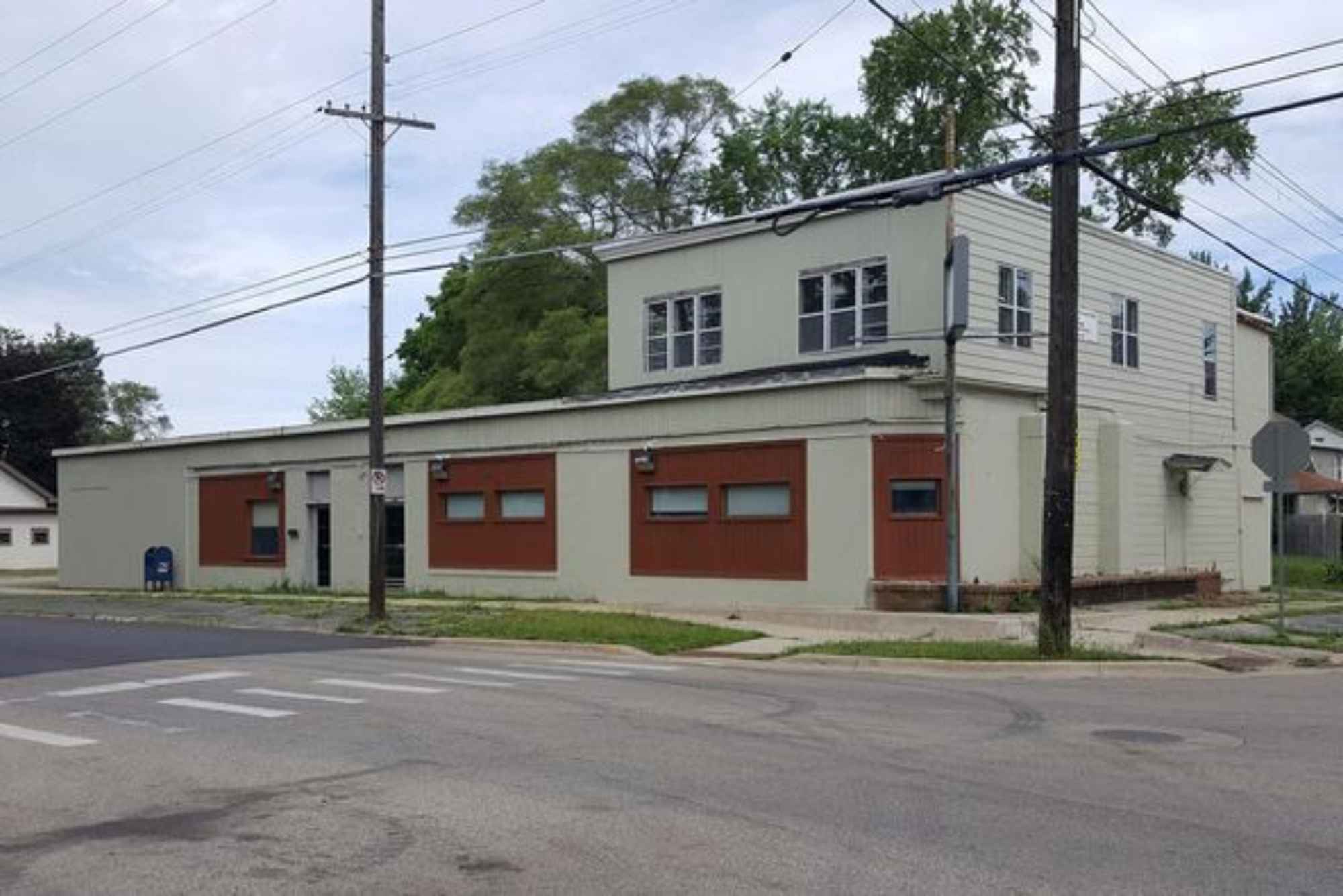Relocating is more than choosing a new home, job, or neighborhood. Climate shapes daily routines, housing needs, lifestyle, and long-term well-being. Understanding why climate considerations matter when moving — practical tips and expert advice can help avoid costly surprises and ensure a smooth transition. From choosing suitable clothing and household systems to planning for local weather risks, climate influences comfort, health, finances, and future satisfaction.
Understanding why climate matters in relocation decisions
Climate affects more than temperature. Humidity, seasonal changes, precipitation, altitude, air quality, and natural disaster risks all influence life in a new area. Recognizing why climate considerations matter when moving — practical tips and expert advice empowers better decision-making before settling into an unfamiliar environment. Research and thoughtful planning protect your investment and support successful adjustment.
Impact on health and comfort
Weather influences physical comfort and overall well-being. Dry climates may trigger respiratory issues. Humid locations may aggravate allergies or cause heat stress. Sudden changes from cooler to hotter regions challenge the body’s ability to adapt. People with asthma, heart conditions, arthritis, or skin sensitivities should evaluate the medical implications of climate shifts and consult healthcare providers when necessary. Personal comfort also plays a quiet but powerful role in long-term happiness.
Housing design and utility demands
Homes are built differently depending on climate. Cold regions require insulation, heating systems, and winter maintenance. Hot climates demand strong cooling solutions and sun-resistant materials. Humid environments benefit from mold protection and ventilation. Understanding local building norms and energy requirements prevents unexpected utility bills and renovation costs. It also ensures efficiency and safety from day one.
Cost-of-living considerations
Weather influences financial planning. Heating expenses spike in winter-heavy states, while cooling costs dominate in warm coastal regions. Insurance can be higher in hurricane, wildfire, or flood zones. Landscaping and seasonal upkeep vary drastically. Recognizing these ongoing expenses avoids budget strain and supports long-term financial stability after moving.
Practical guidance for evaluating climate before relocating
A careful climate review supports strong moving decisions. When learning why climate considerations matter when moving — practical tips and expert advice include reviewing long-term patterns instead of relying on short-term weather. Seek annual rainfall averages, temperature extremes, humidity levels, and seasonal transitions. Observe potential fire seasons, tornado periods, or monsoon cycles. Consider altitude effects if moving to mountain areas, because thin air impacts breathing and exercise capability.
Cultural and lifestyle adjustments
Weather shapes local behavior and recreation. Mountain towns revolve around winter sports. Tropical areas prioritize early-morning activity to avoid intense afternoon heat. Urban regions with harsh winters experience seasonal slowdowns. Understanding seasonal rhythms helps align hobbies, social life, and work preferences with local culture. For example, running enthusiasts might prefer mild climate regions, while snow lovers thrive in alpine communities.
Employment and remote-work factors
Certain industries tie directly to local climate conditions. Agriculture, tourism, and outdoor service sectors fluctuate with seasonal variations. Even remote workers should consider power grid reliability during extreme weather. Reliable internet, backup power options, and workspace comfort matter in regions with frequent storms or heatwaves. Evaluating climate stability safeguards productivity and career continuity.
Preparing personal belongings and wardrobe
Clothing, home items, and equipment must match the new climate. Winter destinations require insulated apparel and heating-appropriate furniture. Coastal humid zones demand moisture-resistant home goods and mold-preventive storage. Taking time to assess what to bring, replace, or purchase locally avoids waste and simplifies adaptation.
Expert insights on thriving in new climates
Thriving after relocation requires mindset, preparation, and gradual adjustment. Experts recommend studying local micro-climates, not only broad regional patterns. Two neighborhoods in one city may experience different temperatures, fog levels, or rainfall. Visit at different times of the year when possible. Speak with residents about seasonal realities. When researching why climate considerations matter when moving — practical tips and expert advice from real-world experience hold unmatched value.
Creating a home suited to new weather conditions
Investing in proper insulation, energy-efficient windows, shutters, and ventilation prevents strain on heating or cooling systems. Use humidity control tools when relocating to tropical or damp regions, and consider water-resistant or UV-resistant materials in sunny areas. Adapting your home environment early builds comfort and avoids long-term deterioration.
Building habits for climate adaptation
Gradual exposure is essential. Hydrate more in hot climates. Increase layers gradually in colder weather. Use sunscreen consistently in higher-UV environments. Monitor local air quality and learn emergency safety procedures for wildfire or storm events. These steady adjustments ensure healthy adaptation without overwhelming stress.
Budgeting with climate in mind
Account for seasonal gear, utility adjustments, and transportation needs. Winter climates may require snow-ready vehicles, while desert zones demand strong cooling systems. Moving with a climate-responsive financial mindset fosters stability and resilience.
Climate-smart moving leads to long-term success
Climate shapes comfort, lifestyle, Read more on en.wikipedia.org finances, and overall satisfaction. Understanding why climate considerations matter when moving — practical tips and expert advice helps prepare for every phase of relocation, from home choice to health and daily routines. Thoughtful planning supports successful transitions and long-lasting fulfillment in your new environment.
For deeper insights, review this internal resource on Why Climate Considerations and learn more from Why Climate Considerations Matter to guide informed relocation choices.
Ready to plan your climate-smart move? Evaluate your destination’s weather patterns, prepare your home and lifestyle, and secure resources that support your long-term well-being.
Frequently Asked Questions
What are the most important climate factors to consider when moving?
Consider temperature ranges, humidity, seasonal variations, altitude, storm frequency, wildfire risk, air quality, and precipitation. Each factor affects health, housing, cost of living, and daily routines.
How long does it take to adjust to a new climate?
Most people adapt within several weeks, but major climate changes may require months. Gradual exposure, proper hydration, and lifestyle adjustments support comfortable adaptation.
Why is humidity important when relocating?
Humidity affects temperature perception, mold growth, energy bills, and respiratory comfort. High humidity can feel hotter and increase indoor maintenance needs, while low humidity may cause dry skin and respiratory irritation.
Can climate affect moving costs?
Yes. Special packing materials, vehicle needs, and urgent housing adjustments may increase expenses when moving to extreme climates. Heating or cooling system upgrades and insulation may also add cost.
How do I research climate before moving?
Review long-term weather data, local government resources, and neighborhood reports. When possible, visit during multiple seasons and speak with residents for accurate expectations.
Why Climate Considerations and Why Climate Considerations Matter















